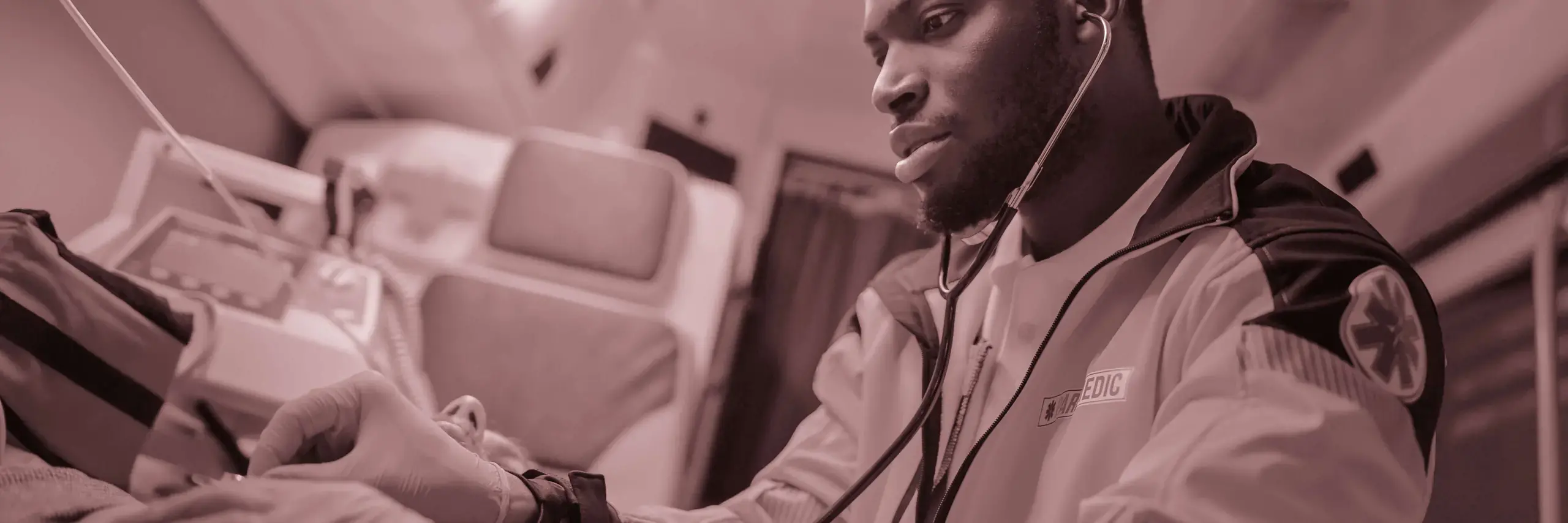Main content
Authority view on the Government’s proposals for regulatory reform in the Health and Care Bill
28 Oct 2021
In Reshaping regulation for public protection, we explain why we support the Government’s proposals in the Health and Care Bill for reform of professional regulation. We also offer advice on what successful reform should look like.
The Health and Care Bill, currently going through Parliament, includes new powers for the Secretary of State to:
- merge or abolish any of the healthcare professional regulators
- deregulate professional groups.
An independent review of the professional regulatory landscape is due to report to the Government on options for change later this year.
Public inquiries have highlighted that lack of coordination and cooperation between the different parts of the complex patient safety landscape can contribute to things going wrong or prevent problems being detected. So we agree that reform is needed.
We think that creating a single regulator would be the best way to deal with the problems in the current system and would make regulation simpler for patients, professionals, employers and educators. However, we recognise that there may not be an appetite for such a big change at this time – but reducing the overall number of regulators would help and could be a first step towards a simpler, more coherent framework. We also think the Government should regulate professions based on the risks of harm.
Professional Standards Authority Chief Executive Alan Clamp said:
‘Reshaping regulation for public protection calls for public protection to be at the heart of any decisions about reform. Whatever option the government decides to take forward, it must ensure that change is made for the right reason – keeping people safe.’
ENDS
Professional Standards Authority for Health and Social Care
Contact: media@professionalstandards.org.uk
Notes to the Editor
- The Professional Standards Authority for Health and Social Care oversees 10 statutory bodies that regulate health and social care professionals in the UK.
- We assess their performance and report to Parliament. We also conduct audits and investigations and can appeal fitness to practise cases to the courts if we consider that sanctions are insufficient to protect the public and it is in the public interest.
- We also set standards for organisations holding voluntary registers for health and social care occupations and accredit those that meet them.
- We share good practice and knowledge, conduct research and introduce new ideas to our sector. We monitor policy developments in the UK and internationally and provide advice on issues relating to professional standards in health and social care.
- We do this to promote the health, safety and wellbeing of users of health and social care services and the public. We are an independent body, accountable to the UK Parliament.
- Our values are – integrity, transparency, respect, fairness and teamwork – and we strive to ensure that they are at the core of our work.
- More information about our work and the approach we take is available at www.professionalstandards.org.uk
- Section 123 of the Health and Care Bill includes new powers for the Secretary of State to merge or abolish any of the healthcare professional regulators and to move professional groups out of statutory regulation. The Department of Health and Social Care have commissioned KPMG to carry out an independent review of the regulatory landscape and report on options for reconfiguration by the end of the year.
- In parallel with proposals in the Health and Care Bill the Government are making changes to the powers and governance of the healthcare professional regulators. The consultation ran from 24 March to 16 June 2021 and sought views on changes to all the regulatory functions. Key proposals included:
- Introducing a new fitness to practise (FtP) model allowing regulators to dispose of complaints against professionals without a public hearing in agreement with the registrant
- Making changes to regulator governance including implementing consistent duties of cooperation, transparency and proportionality across the regulators, introducing new powers around data sharing and replacing regulator Councils with smaller unitary Boards
- Providing regulators with powers to set and change their own operating procedures through rules.
- The consultation also includes proposals to bring Physician Associates and Anaesthesia Associates into statutory regulation (to be regulated by the General Medical Council) and to make changes to the international registration processes operated by the General Dental Council and the Nursing and Midwifery Council.
- The Authority responded to this consultation and our response is published on our website here.


